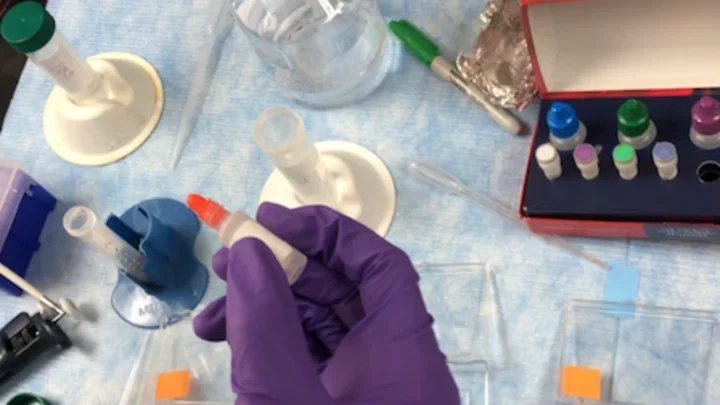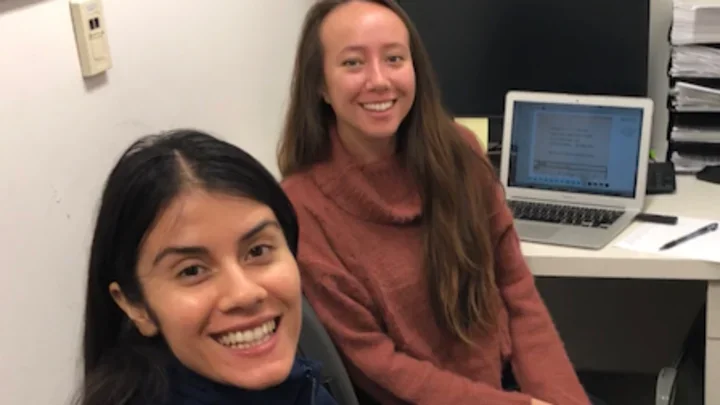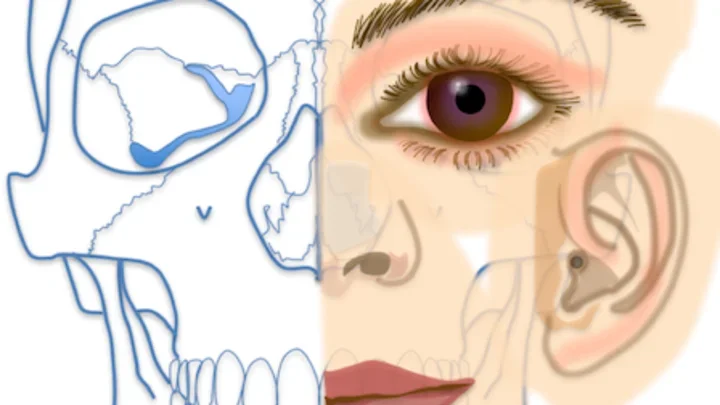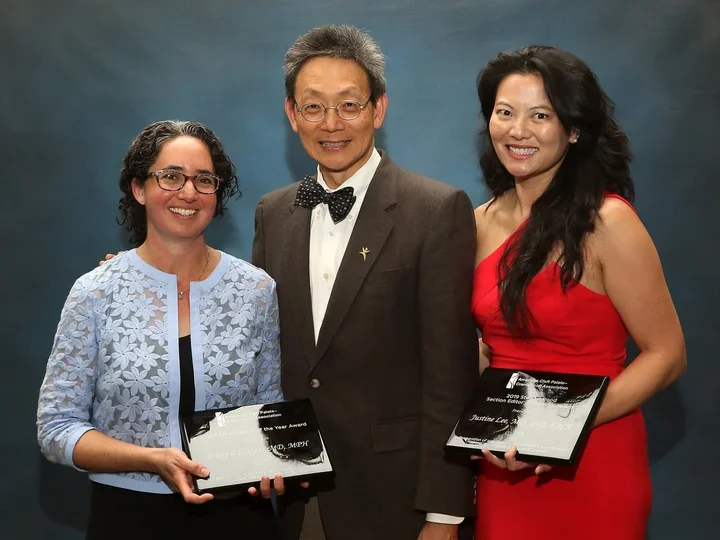Justine Lee Research Lab
Solutions for patients with craniofacial anomalies from reconstructive surgery to regeneration
Craniofacial differences exist due to a variety of reasons including congenital (at birth) or genetic causes, traumatic (traumatic brain injuries), oncologic (brain tumors), and ischemic/hemorrhagic (stroke or aneurysms). The Lee research teams are dedicated to real solutions for patients with craniofacial differences. Our Craniofacial Regeneration Laboratory is working towards safe, simple, and surgically practical materials for anatomic, single tissue regeneration. Our Craniofacial Outcomes Research Team evaluates long term outcomes of craniofacial surgery with a specific emphasis on identifying and improving psychosocial functioning of children with congenital craniofacial differences.

Craniofacial Regeneration Laboratory
Our laboratory is focused on safe, simple, and surgically practical solutions for bone regeneration of the craniofacial skeleton. Our primary interest is to develop a suite of easy-to-use, off-the-shelf, extracellular matrix-inspired materials that utilize the body's own ability to heal bone without the addition of growth factors or harvesting and ex vivo cultivation of adult stem cells. Our laboratory functions primarily as a translational laboratory with expertise in cell biology, biochemistry, signal transduction between materials and progenitor cells, and preclinical in vivo testing of calvarial regeneration.

Craniofacial Outcomes Research Team
Our craniofacial outcomes research team is committed to identifying and finding methods for improving outcomes in the care of patients with both congenital and acquired craniofacial differences. One of our major current efforts is the identification of subsets of children with congenital craniofacial anomalies (i.e. cleft lip and palate, craniofacial microsomia/hemifacial microsomia, microtia, craniosynostosis including Apert, Crouzon, Pfeiffer, Saethre Chotzen syndromes, mandibular dysostosis including Treacher Collins, Nager, and cerebrocostomandibular syndromes) who are predisposed to psychosocial distress. It is our belief that one of the most important aspects of reconstructive care is quality of life improvement and that psychosocial health is an integral part of patient outcomes.

Philanthropy
Our research is funded by the National Institutes of Health, the Department of Veterans Affairs, the Jean Perkins Foundation, the Bernard G. Sarnat Endowment for Craniofacial Biology, the Plastic Surgery Foundation, and the American Society of Maxillofacial Surgeons. Without the generous support of federal agencies, private foundations, and individuals, we could not do what we do. Love our mission and what we do? Donate to the lab or clinical research team! It's tax deductible!
